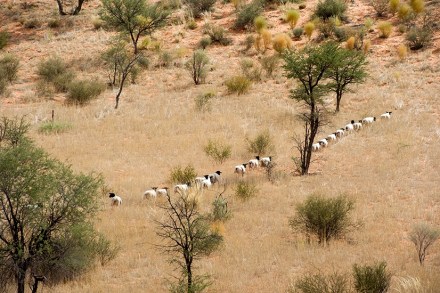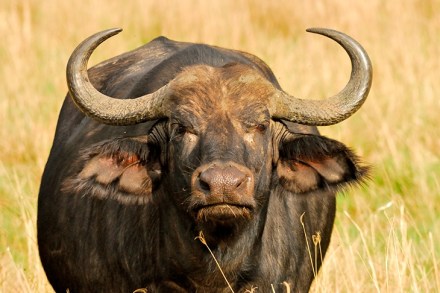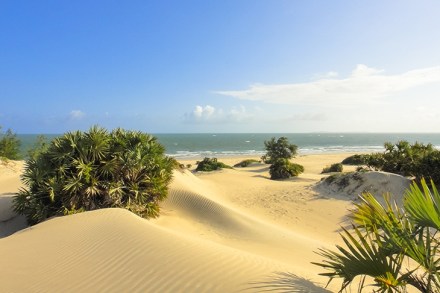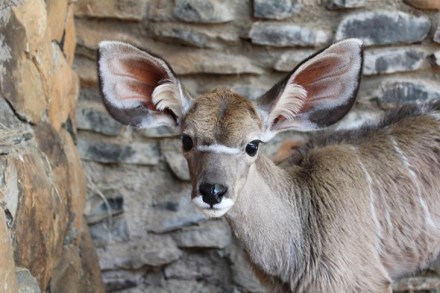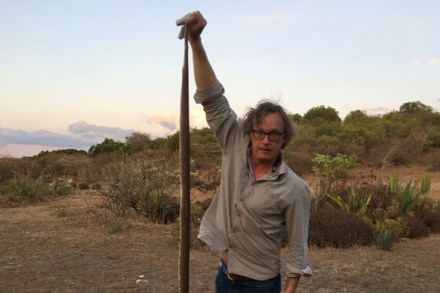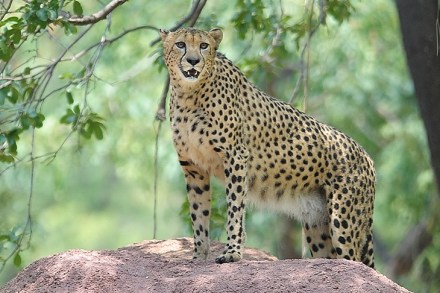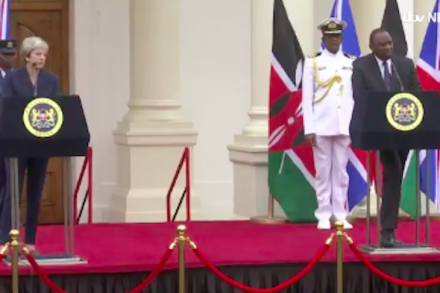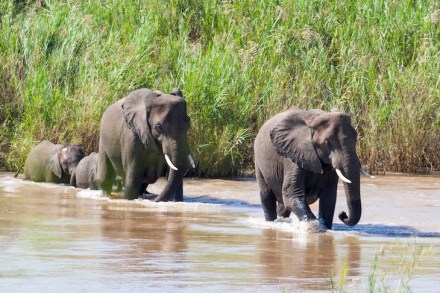Why I’m investing in sheep
Laikipia In the past I had a low opinion of sheep. During my first forays into farming I saw them as creatures hell-bent on dying, with lung diseases, rotten feet or nasal maggots. Their legs snapped in ant-bear holes and hyenas tore them to pieces. To stem tides of oviform death we dipped, injected, dewormed and castrated. Many hours evaporated searching for stray animals. I found them dreary, sold off my flock and concentrated on cattle. Up here, north of Mount Kenya, people name their sons after special bulls and men hold important conversations in among the cattle at evening, so that the talk can be inspired in bold and
